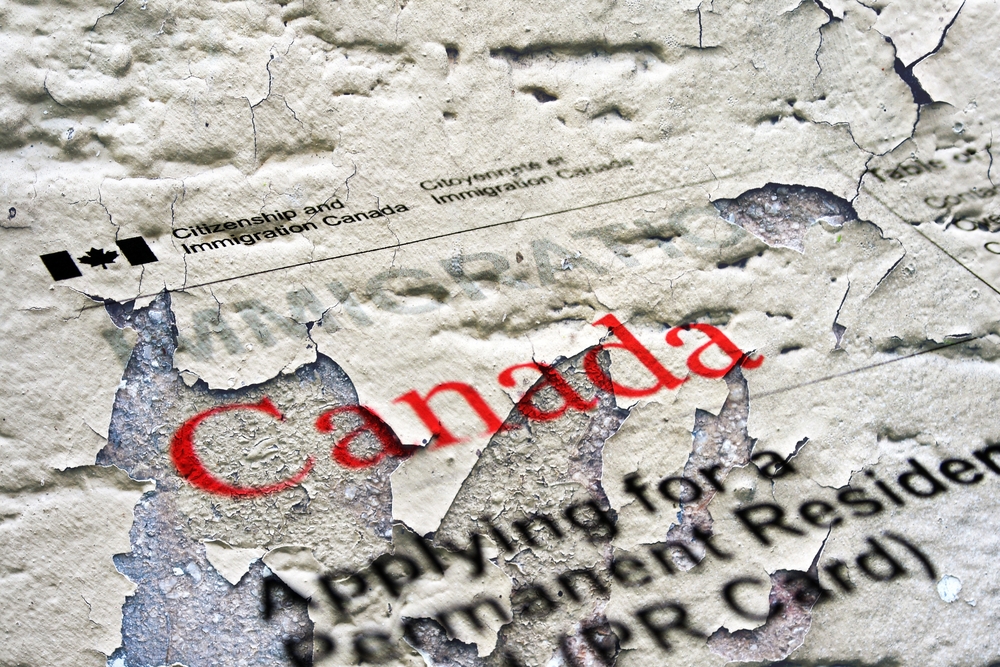Immigration
Bending the Rules With Immigration Fraud
2014 was a very big year for Canada. The country admitted 260,000 immigrants, by far the largest number in Canadian history. For a county with less than 40 million inhabitants, a quarter of a million new Canadians is significant. Add to that the thousands of Syrians admitted between Fall 2015 and Spring 2016 and it becomes difficult not to boast. And why not? Canada’s reputation across the world as a place of haven for the disadvantaged and the oppressed is as strong today as it has been for decades.
But one aspect of immigration in Canada that isn’t so praiseworthy is the issue of citizenship fraud. On May the 3rd, Auditor General Michael Ferguson’s spring report was made public and in the report a number of pressing immigration issues were highlighted. First and foremost of these is the telltale sign of fraud: an audit between the calendar months of July 2014 to October 2015 revealed a number of people that “were granted citizenship based on incomplete information or without all the necessary checks being done” said Ferguson in a news conference.
What this means in layman’s terms is that a number of new Canadians have been able to bypass the stringent background check process and enter Canada with illegal aid. This often includes using forged residency papers or so-called ‘marriages of convenience.’ In Canada, it is not only the responsibility of the RCMP to be on the lookout for citizenship fraud but also IRCC (Immigration, Refugees and Citizenship Canada), a federal body that replaced the previous department of Citizenship and Immigration.
The Auditor General’s report was severely critical of IRCC, stating that it’s efforts to detect and prevent citizenship “were not accurate” and that the department was “not doing enough” to ensure that fraud controls were being correctly applied to citizenship applications. Even more critical was the report’s reference to the number of clearly fraudulent cases. As Ferguson stated “We were able to identify about 50 cases of people where there were indications that they were trying to obtain their citizenship fraudulently…fundamentally I think that means 50 cases too many.” In response to the Ferguson report, Immigration Minister John McCallum said that his department is reviewing the cases and that he is confident in the integrity of Canada’s immigration system. However, McCallum also stated that he feels the system can be improved.
The first step to improving the system is altering the criminal background check. Currently, when applying for Canadian citizenship, applicants are checked against a national criminal database. Information for the database is culled from a variety of overseas agencies.
According to Ferguson the database works well but it’s purpose might be better served if the criminal check were done later on in the citizenship process rather than earlier.
This is because the time spent to acquire Canadian citizenship is often quite lengthy and in this time, it is possible for an individual to commit a crime during this loophole period. The RCMP has a mandate to share this information with the IRCC but according to Ferguson they aren’t. In 38 stand out cases of clear cut citizenship fraud, the RCMP shared only two with the IRCC. This means that a substantial number of fraudulent citizenship applications are going through the system undetected. And while this hasn’t necessarily translated into any serious criminal activities, the fact that the fraudulent applications are going through at all is cause for concern.
The standard course of practice with this time of fraud is to revoke citizenship and deport the offenders. But this too requires resources and above all, inter-departmental communication. Judging from the Ferguson report it is clear that neither of the two are in ready supply.























thevoiceofraisin
May 4, 2016 at 9:33 AM
misleading information should result in immediate deportation.